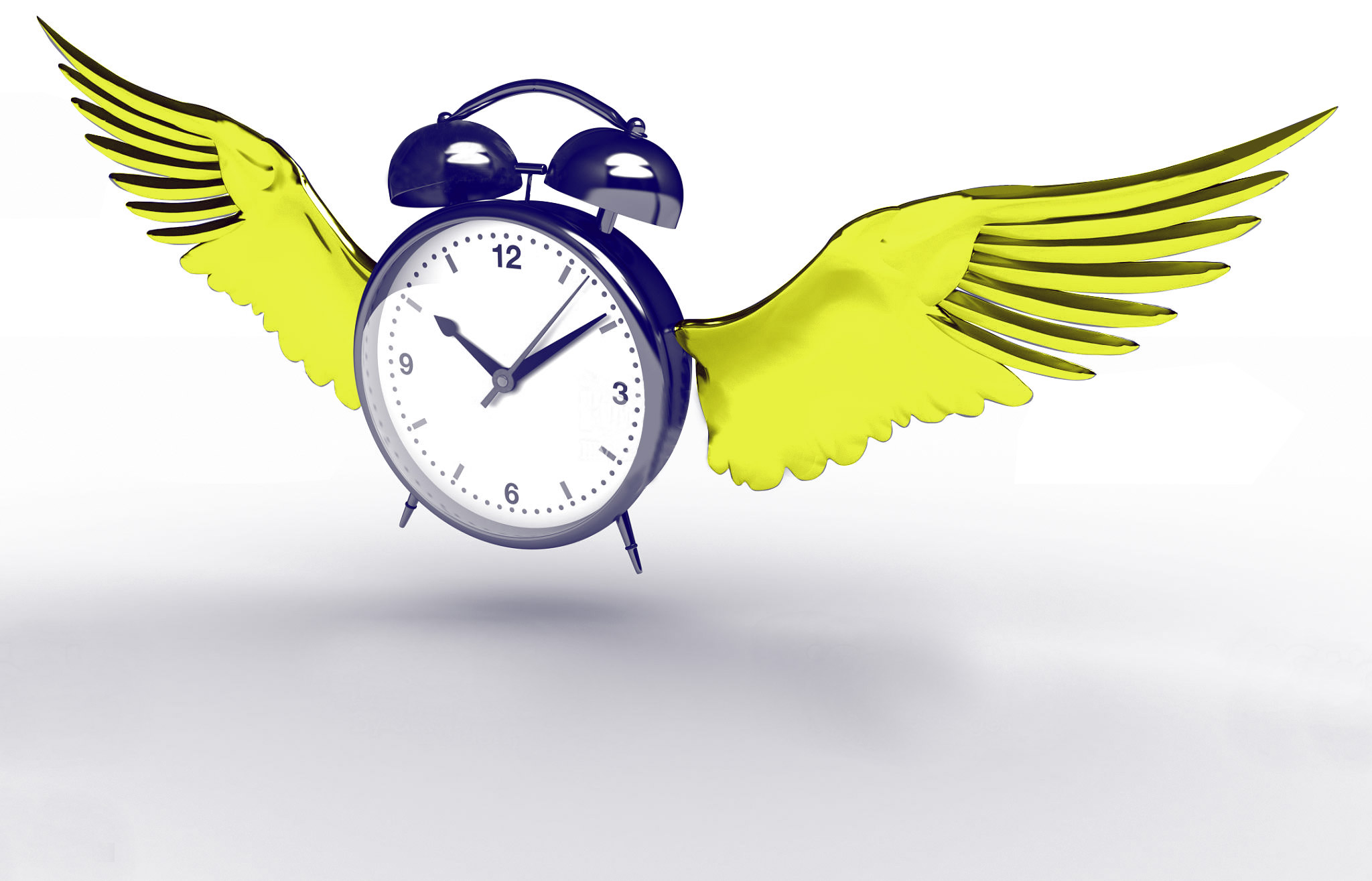Time flies when you’re having fun!

I’m sure we’ve all heard the above expression before. Of course, from a physics perspective, it’s rubbish. Time always passes at the same rate (OK, maybe not, I’m no scientist, but you get my general point). But it is true, in perhaps, from a business point of view, a more important sense, our perception of it. We’ve all been to a fantastic party or event and suddenly thought, Oh my goodness, is that the time! What we are talking about here is human psychology and how it influences our behaviour. The undisputed master in this area is Rory Sutherland, vice chairman of the advertising agency Ogilvy, and his book Alchemy on the subject (from which I stole some examples below) is a highly recommended read.
One of the examples he gives is the HS2 rail link and how he could solve the problem for a fraction of the cost by changing the perception of the problem. From the economist’s point of view, the faster the better. Every minute off the journey time is an improvement. But what if you made that journey time a positive and not a negative? Install good wifi, proper seating and tables for working at, and a great food and drink service. The journey then becomes an opportunity to get work done away from the distractions of the office, something to look forward to. So, without having to change any infrastructure, you’ve solved the problem by changing the perception of it.
There are many examples of brands that have turned negatives into positives. Think of Guinness – good things come to those who wait (it’s worth waiting for), Stella Artois – reassuringly expensive (there is a reason it costs more), KFC – finger licking good (we know it’s messy but it tastes great).
When you come to think about your own brand, consider what the customer’s perception of you is and what are some ways you can improve that perception with a bit of psychology. If you send out goods, could you include a little something extra they didn’t expect? If you did, you might stick in their mind the next time they come to order. If you have customers visiting you, what could you do to improve the environment? In restaurants, for example, if there is an unpleasant odour in the air, no amount of Michelin Star cooking will make the meal enjoyable, so think about burning some pleasant-smelling candles.
So remember when looking at ways to improve your customer’s experience a liitle of psychology can go a long way.
